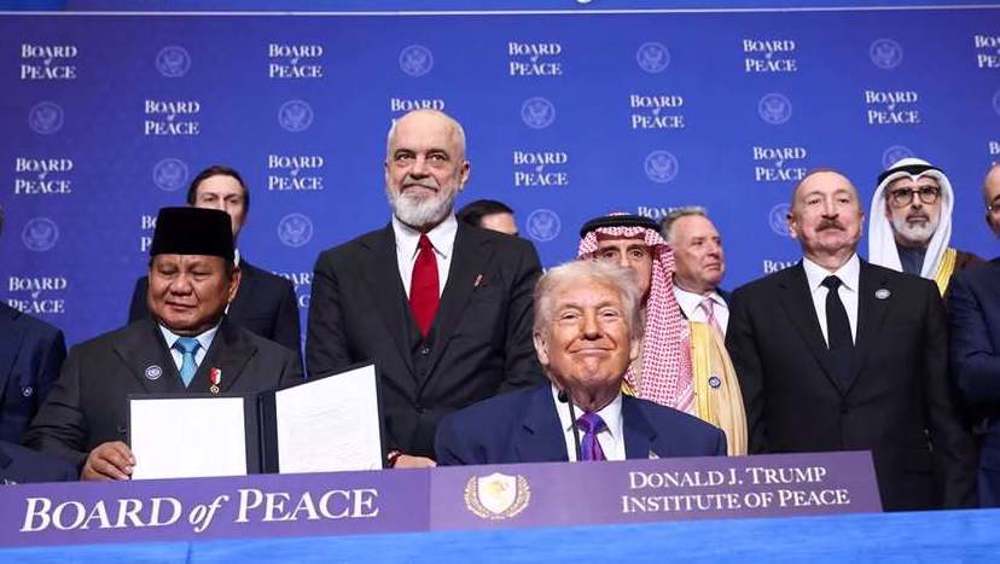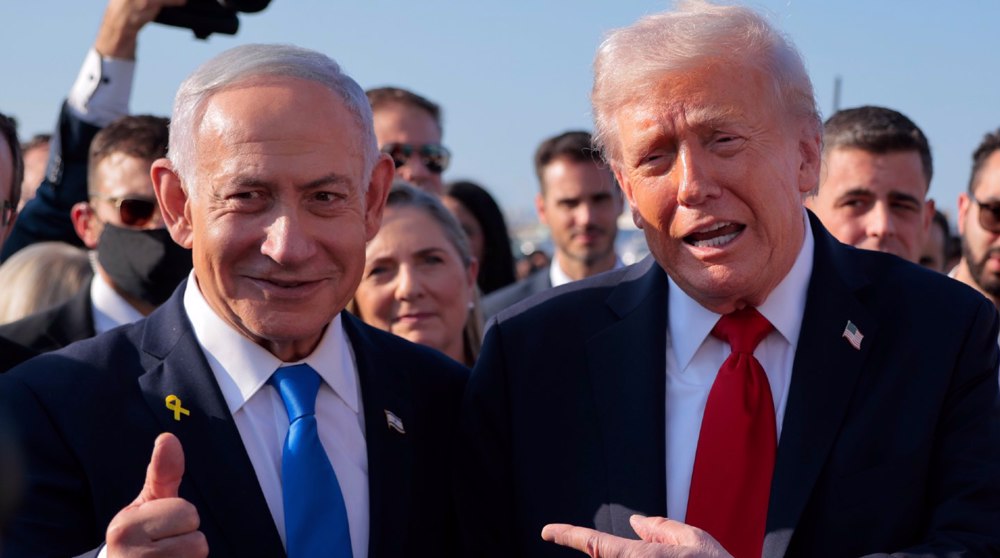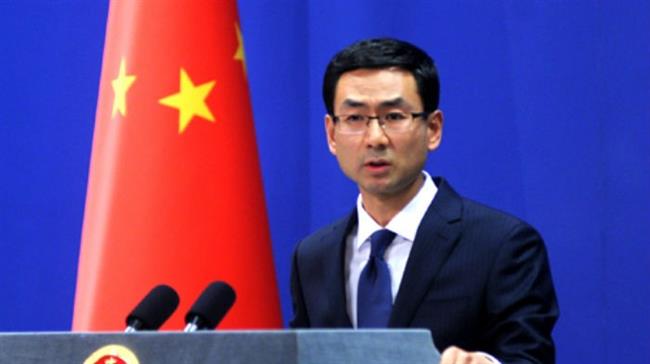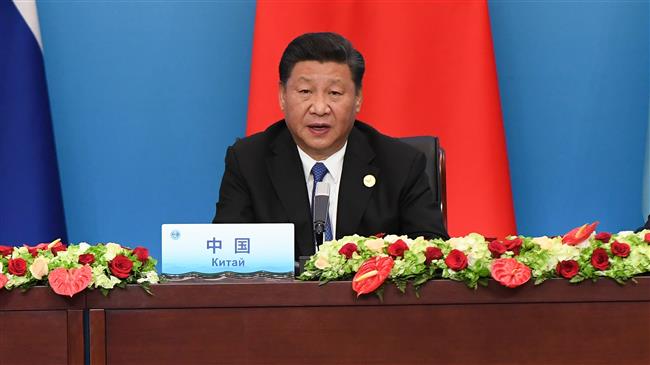China imposes new retaliatory tariffs on 659 US products
China has announced its decision to impose further 25 percent tariffs on 659 American products worth $50 billion, in retaliation for new US tariffs on Chinese imports.
The Chinese commerce ministry said tariffs on $34 billion of imports from the US, including agricultural products such as soybeans, US biggest export to China by value, will be implemented as of July 6 and the date of tariffs on the remaining $16 billion of American goods, including crude oil, natural gas, coal and some refined oil products, will be announced later.
China had primarily announced 25-percent retaliatory tariffs on 106 US products in April. Although the new revised list is longer, its total value is still unchanged at $50 billion, as it does not include aircraft which had been mentioned in China's previous list in April.
"The US has ignored China's resolute opposition and solemn representation, and has insisted on adopting behaviors that violate WTO rules," China's commerce ministry said.
"This is a violation of the legitimate rights and interests that China is entitled to according to WTO (World Trade Organization) rules, and is a threat to China's economic interest and security," it added.
Earlier on Friday, US President Donald Trump announced 25 percent tariffs on $50 billion of Chinese imports, in a move that could set the stage for a major escalation in an ongoing trade war between the world's two largest economies.
Trump said the new tariffs will be levied on a list of strategically important Chinese imports, pledging to adopt further measures if Beijing retaliates.
Read more:
Earlier this year, the US released an initial list of 1,300 product categories, ranging from pharmaceuticals to flat screen televisions. Some new products will now replace some of the items from the initial list.

While Trump has resorted to tariffs with enthusiasm, many at home, including the US business community and many Republicans in Congress, are strongly opposing them, saying tariffs and other trade barriers make Americans poorer and raise prices.
Trump's tariffs have even been opposed by some within his inner circle, including Treasury Secretary Steven Mnuchin, who has been arguing for negotiations with Beijing.
He formerly said the two sides were stepping back from a possible trade war after two days of talks that produced “meaningful progress.”
Several rounds of negations, however, failed to resolve the issue; and Trump’s latest decision, which appears to be worsening the dispute, has again raised concerns about a possible trade war between the two world powers.
Although the tariffs affect less than 10 percent of the $505 billion in Chinese imports, Trump’s trade barriers mark a historic change after three decades of deepening ties between the world’s two largest economies.
The US has also been engaged in a war of words with its European allies, Japan and Canada, after Trump announced his decision to impose tariffs on imports of aluminum and steel from the countries.
Iran’s Dena destroyer docks in Indian port as Tehran, New Delhi discuss maritime security
Trump plans to establish 'massive' military base in southern Gaza: Report
NYT questions Trump’s justification for threatening war on Iran
VIDEO | Press TV's news headlines
Araghchi stresses efforts to draft negotiating text between Iran and US
Over 150 ex-diplomats slam French FM's 'disinformation’ about UN’s Albanese
Alawite women abducted and raped, others sold by Jolani's men: Report
Iran, China, Russia hold trilateral talks on Geneva nuclear negotiations












 This makes it easy to access the Press TV website
This makes it easy to access the Press TV website